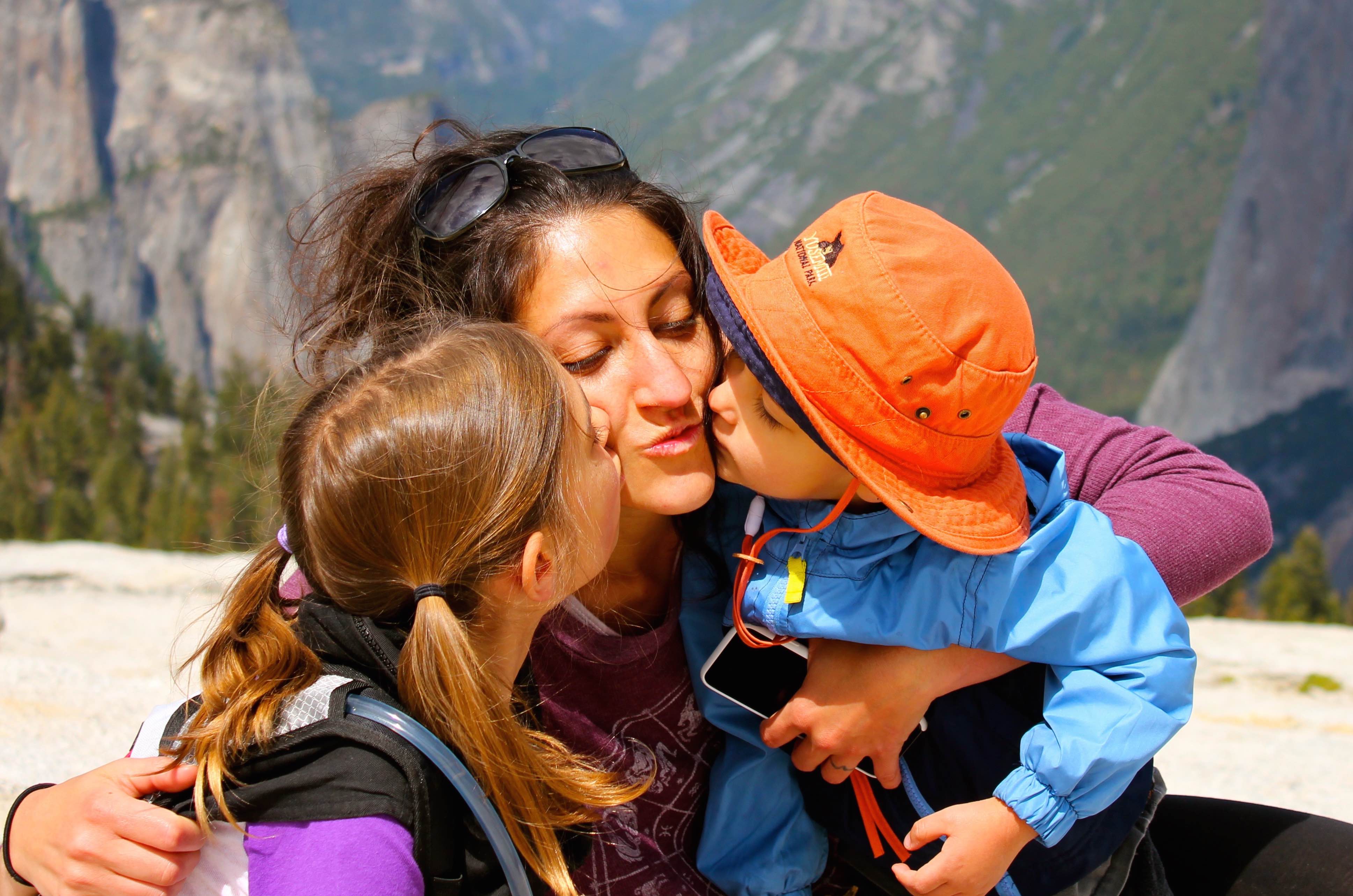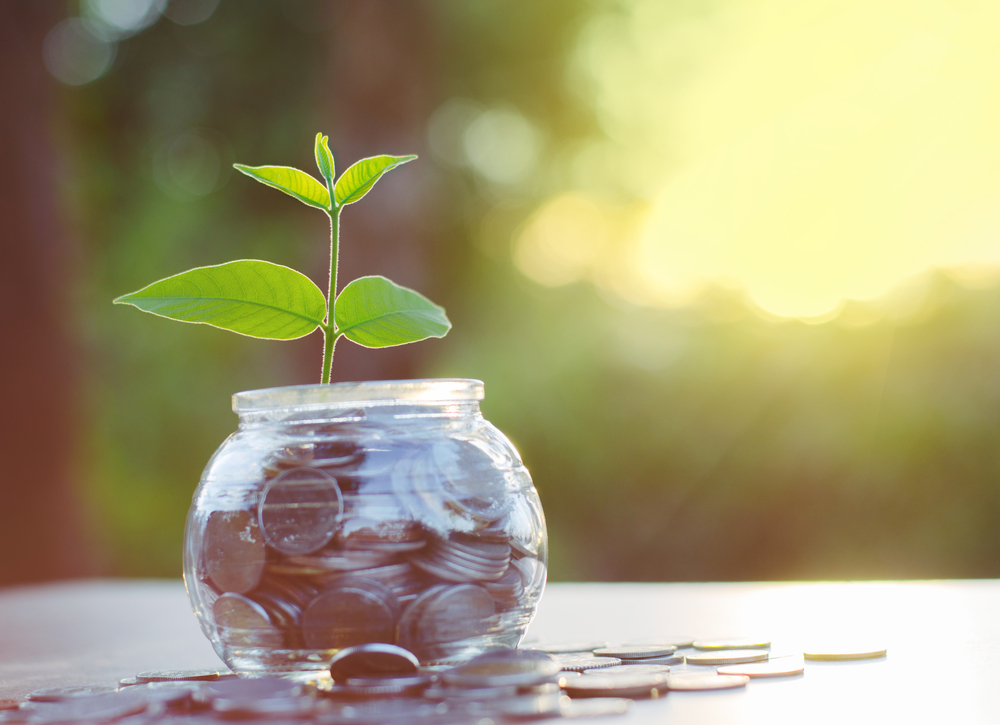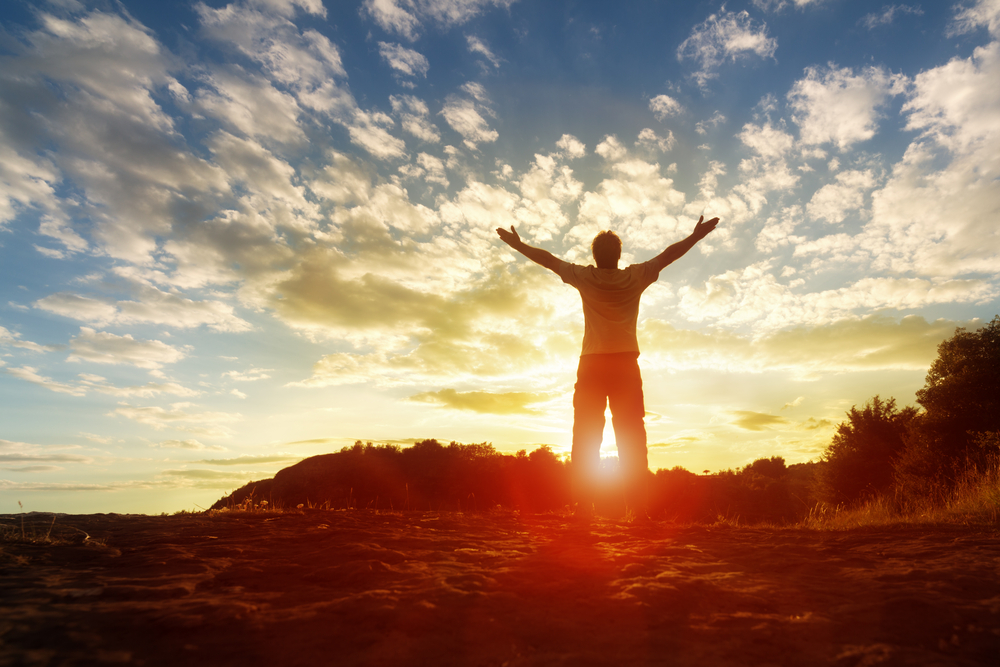13 Oct 15 Money Strategies That Rocked Our World
Financial Freedom… we all want it, but so few of us actually have it. But what exactly is financial freedom? In its simplest form, financial freedom means having sufficient personal wealth to live, without having to work actively for the necessities of life. It means that money isn’t the dominating force when it comes to making decisions. Those who have achieved financial freedom – or are on their way – have some serious wisdom to share, and they did just that in our last two years of Financial Wisdom Challenges! The challenge was simple… to share the single best step you have taken toward financial independence. Here are 15 of our favorite responses…13 Oct The power of a conscious community
I'd created part of a life plan in the past but not as exhaustive as this. I've also had many thoughts in my head about what I wanted in my life...
06 Oct How I became less judgmental and more open-hearted
“The most important trip you may take in life is meeting people halfway.” - Henry Boye
I have a confession to make. I used to be super judgmental. It’s hard to admit, but at one point in my life, I actually made it a point to focus on the reasons I didn’t like someone. It was subtle of course, and I didn't even realize I was doing it at the time... but the first thing I searched for when meeting someone new was, “What don’t I like about you? In what negative ways are you different than me?” I set my connections up for failure. And I did it all under the guise of being a quality person with high standards who simply didn’t have “room” in my life for anything less than extraordinary relationships. Now don’t get me wrong… I absolutely recognize the importance of social discernment. The journey toward becoming our best selves undoubtedly entails associating with people and things that reflect and strengthen our most deeply held values. And (being the science lover that I am) I see the evolutionary value of judging others, too. Historically, seeing someone who looked or acted differently than you was a red flag – a potential threat to your food, shelter, and other vital necessities. So it’s easy to see how “being judgmental” has quite literally become an instinctual reflex. But wake up in the 21st century, and you’ll see that most of us are conditioned to judge others for no real reason or inherent benefit. We do it recklessly, for sport, without ever realizing that our own mental and emotional lives are what suffer the greatest consequences. This was something I had to come to terms with in myself. And throughout my quest to better understand the mechanism of judgment (and wield it more wisely), here are some of the most important things I’ve found to be true…06 Oct “The Best Investment I’ve Ever Made”
Written by Anthony Seal Lifebook and especially the experience of the VIP Bootcamp has had a tremendously positive impact on my life. I think if I had to boil it down to a couple of key words I would say Lifebook has helped make my life more...
29 Sep Joe goes from great to greatest!
Written by Lifebook Member Joe Simon It really is 90% attitude. There is no science behind what we're talking about here, just a mind-set. Something each of us have decided that takes us from being "Good" to "Great" and eventually in the hunt for our "Greatest". The...
22 Sep A Shift Into Positivity
Before I began the lifebook journey, I was prone to personal development, goal setting, etc. and although I had experienced almost every piece of this program individually (but not the same way of course) nothing seemed to click. I had affirmation statements but they didn't change...
14 Sep Out of Debt and Happy – by Matt
Written by Lifebook Member Matt Beagle Over the last 15 years, I had invested many hours in learning the two main strategies I see in life with regard to money. My study showed that you either leverage everything under the argument of the "velocity of money" or go cash only and never use debt. I've done both, to the tune of over a million dollars and here is what I came away with at the end of it all. I had a lot of stuff with debt. I had beautiful lakehouses, new cars, etc. I also had stress, real stress. And frustration that came with "where did all the money go?" Worst of all, I found myself proud. Proud to the point of pretentious. Thinking I was really somebody and looking down on others when in fact I was leveraged to the hilt. Then, I decided to shift gears. It started with my heart.08 Sep The World’s Toughest Job (and 24 people who applied for it)
Now THIS is an amazing little experiment. We can’t say much, lest we spoil the surprise, but we will tell you the basics… Mullen (an advertising agency) posted a job ad last April with this description: World’s Toughest Job: Provides the Most Extraordinary Joy. The requirements sounded nothing short of brutal:- Standing up almost all the time
- Constantly exerting yourself
- Working from 135 to unlimited hours per week
- Degrees in medicine, finance and culinary arts necessary
- No vacations
- The work load goes up on Thanksgiving, Christmas, New Year's and other holidays
- No time to sleep
- Salary = $0










